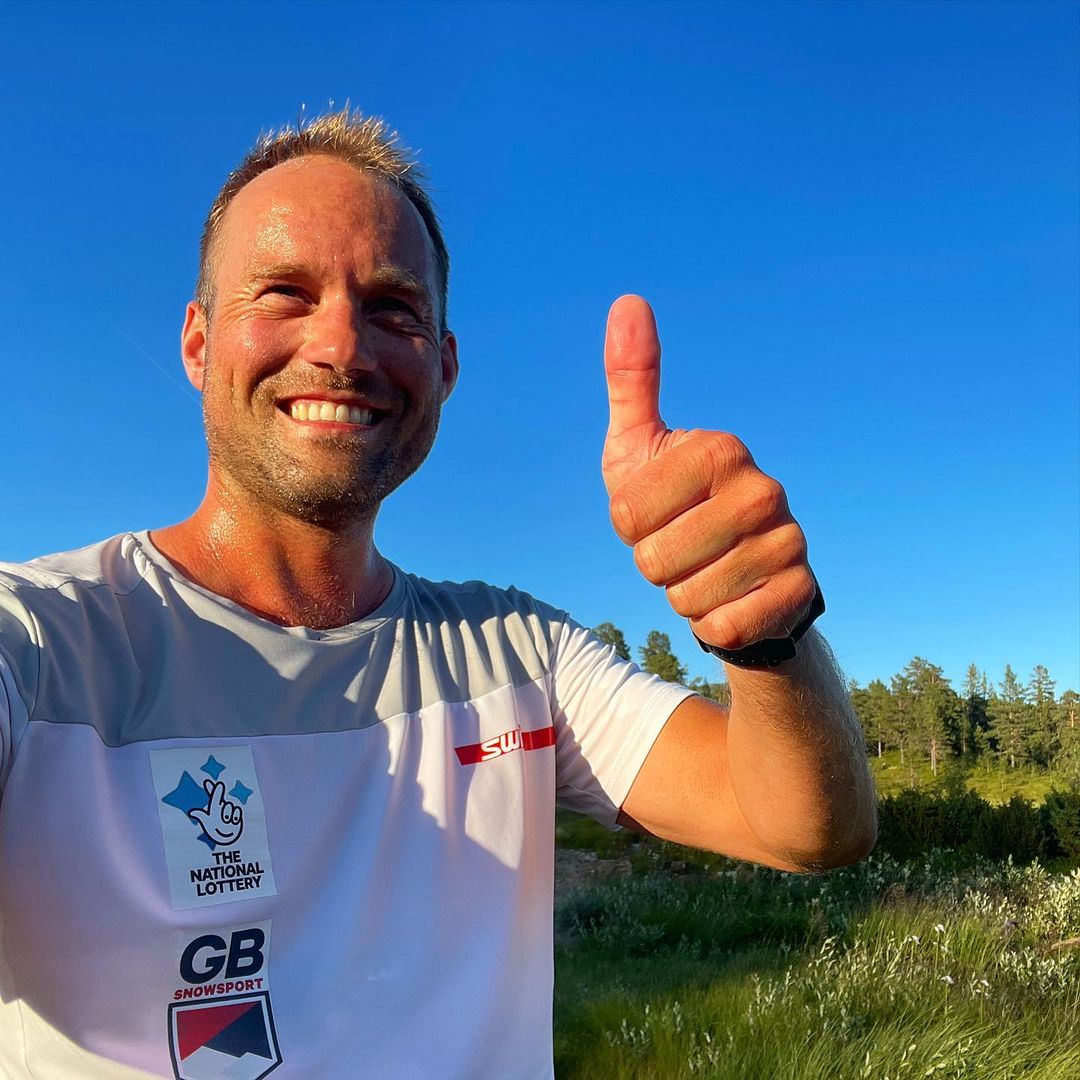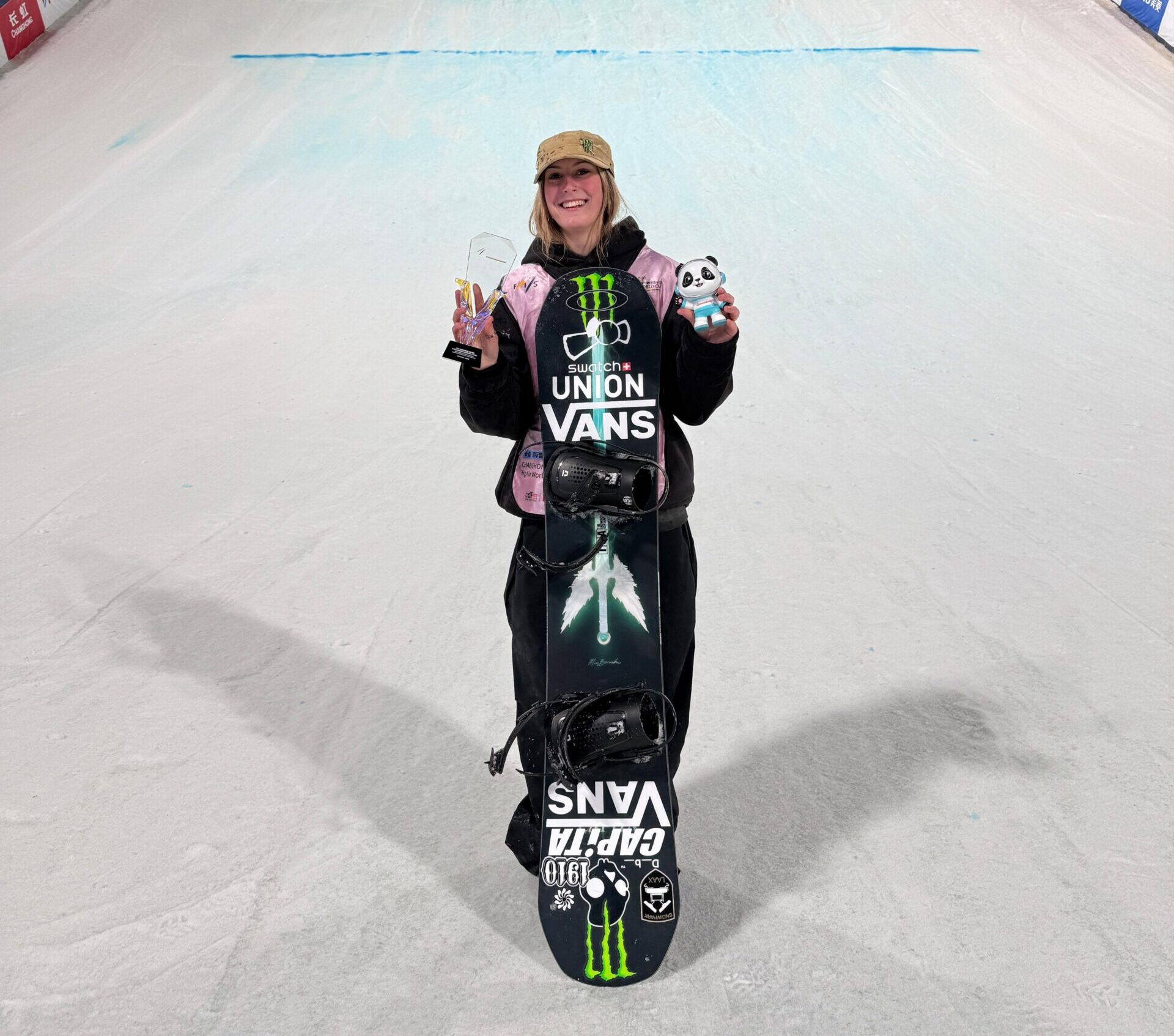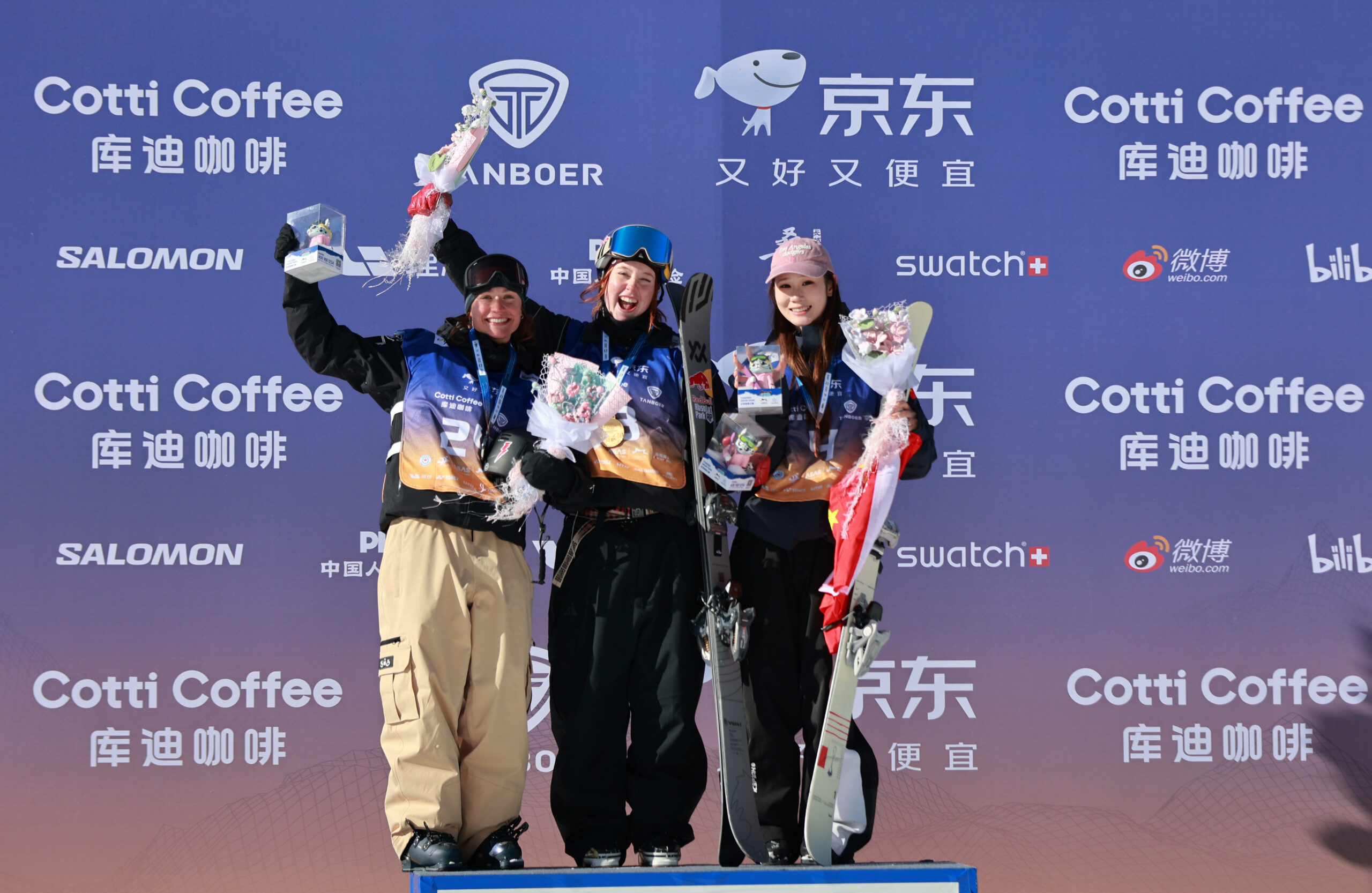
As a man of many responsibilities, Cross Country coach Jostein Vinjerui works to manage the GB Snowsport Cross Country team and keep the athletes moving forward throughout the season.
How and why did you get into coaching?
“I used to be a skier myself and competed on national junior level in Norway. My best result was 8th place in national junior champs, but realized I would never be among the best in the world. So then I quit and had some years away from the sport, but when I worked as a police officer in Tromsø, one of my older colleagues knew I had been skiing and encouraged me to coach in his local club. I started up with 12-13 years old kids and gradually developed until I started with the regional team of North Norway in 2012/13 with the best skiers up there.
“I got into coaching because I have always had a huge passion for sport and especially Cross Country skiing. That, combined with the fact that I like to teach and lead, I find, is as good combination. The fact that I never felt “done” as an athlete gives me a lot of motivation and drive to fulfill the potential of the athletes I’m coaching.”
What are your main responsibilities as a coach?
“Many things fall under my responsibilities, but I’m lucky to have a co-coach with me, Hans Kristian Stadheim, and we share them between us. My main responsibility is managing the team, staying a couple of months ahead of the rest to make sure that our plans and logistics are working. I also of course do coaching with the athletes, making training programmes together with them, working with technical issues, and so on.”
How important is the mental/psychological side of coaching in a modern athlete’s development?
“It is very important. An athlete who does not have the right state of mind will find it hard to be at his/her best. I have always been focused on this since I learned quite a lot about it working as a police officer. Visualisation, mental training, talking about scenarios/tactics and debrief races/sessions to find learning points.”
How is the new generation of athletes’ expectations of coaching different from what was expected 10 years ago?
“The basics in the work as a coach has not changed that much. It is still about planning, doing, reviewing and do it again. The athletes we have in our team are not much different in that sense from how it was 10 years ago.
“We have an experienced team now with lots of knowledge about training and Cross Country skiing, so that makes them in one way in general more demanding and they ask more questions about why we are doing this and that. For me, that is a positive development, they are among those who push and develop me as a coach as well.
“The access to facts is better because of internet development, but as coaches now we have to make the athletes be critical of what kind of facts they find and what sources to use.”
Is analysing competition/training footage useful for athlete improvement and development? If so, has tech like mobile phones and drones made this easier?
“The mobile phone is used a lot. That is the one I use to film in training. This has changed a lot since 10 years ago when we had to carry a video recorder with us all the time and connect it to a TV or a computer. Today I just film with my phone and airdrop it to my Mac and send it to the team through WhatsApp.”
What was the biggest challenge coaching athletes during the most restricted moments last year? How did you manage to maintain a coaching approach with athletes during lockdown?
“The way we are working did not change too much. The only thing we really could not do was the summer roller ski competitions and altitude training abroad. The team is based in Norway, so we could do a normal set up with camps there and most of the WC-season was done like normal. The ones who suffered the most were the kids and youths who had much tougher restrictions than us.”
 Share
Share

